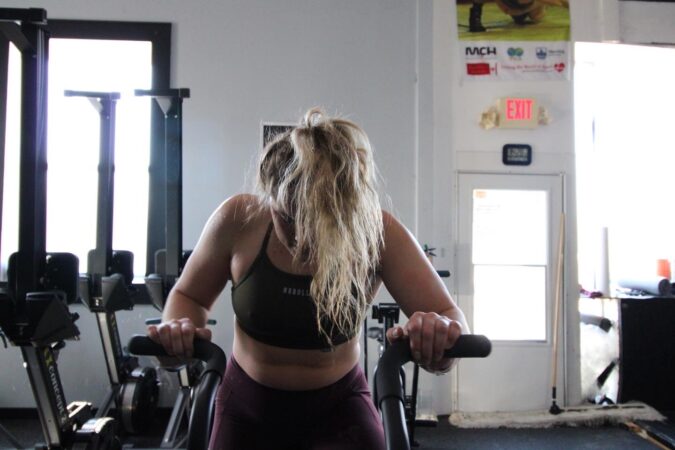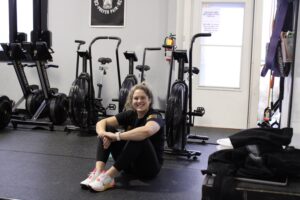Last week for the Wisconsin Wrestling Federation I got to have a neat conversation with Lucas Steldt and two of his women freestyle wrestlers that were training in Malmo, Sweden. The story that emerged pretty quickly was twofold: 1. international training has to be part of the plan for wrestlers with sights set on World and Olympic medals, and 2. the plan is very intentional. I got to outline some of the why in the piece I wrote, here.
As I gleaned some insight into how and why Steldt structures their year-long season the way he does it got me reflecting on what I get to observe right here in River Falls at Victory School of Wrestling. Our wrestlers have some of the same goals, and although it’s articulated differently, I see crossover in the methods, and they’re both impressively high level. What a blessing it is that I get to witness the pursuit of excellence in the place where I spend most of my days.
So, I fell in love with this story because as I listened and wrote I found myself very much in alignment. I don’t think we talk about it enough, but what I was really seeing was a very strategic plan, a commitment to and patience with the process. It’s something I’ve been going on and on about lately.
I wrote earlier this week in a social media post that the more I train the more I learn, and that I am experiencing a neat balance between the curiosity and hunger for learning and growth, and the patience of doing what it takes to actually reap the benefits of transformation. [Hunger and patience in the same sentence . . . I’ll pull that apart in a different post sometime.] This all boils down to intentionality with what we’re doing and having the wherewithal to know what to say yes to.
One of the questions I need to have in a feedback loop of evaluation is, am I doing what I need to be doing to get where I want to go? I can’t be doing hodge-podge things, or whatever feels best for the day, and expect to end up in the right place. If we have specific goals, we have to do specific things. End of story.
On another note, I’ve recently been able to clearly differentiate between my training now and my training as a competitive athlete. I get to work with high-level competitive athletes and non-competitive athletes. I train a lot, but I get to use my athletic career (life training) as a learning tool. Yes, I have specific athletic goals, but more importantly, I am feeling and observing, and noting changes while I am training that helps me develop as a coach and communicator. The key is to be able to use all that I learn from my success, failure, and growth–mentally, physically, and emotionally–as a resource for my athletes. I am young in years as a coach which is exciting because I feel like I am learning all the time. As I grow I get to share what I am learning, and I absolutely love that.
All love in life through sport,
GLK

